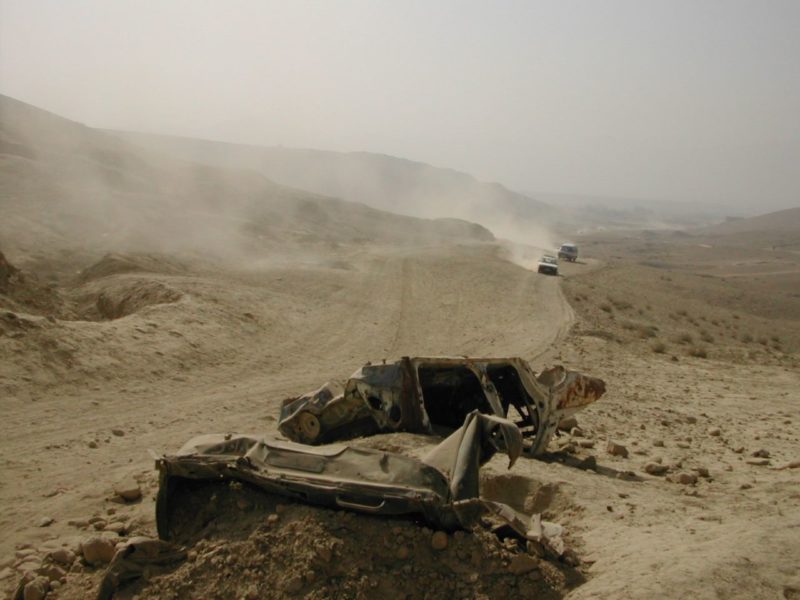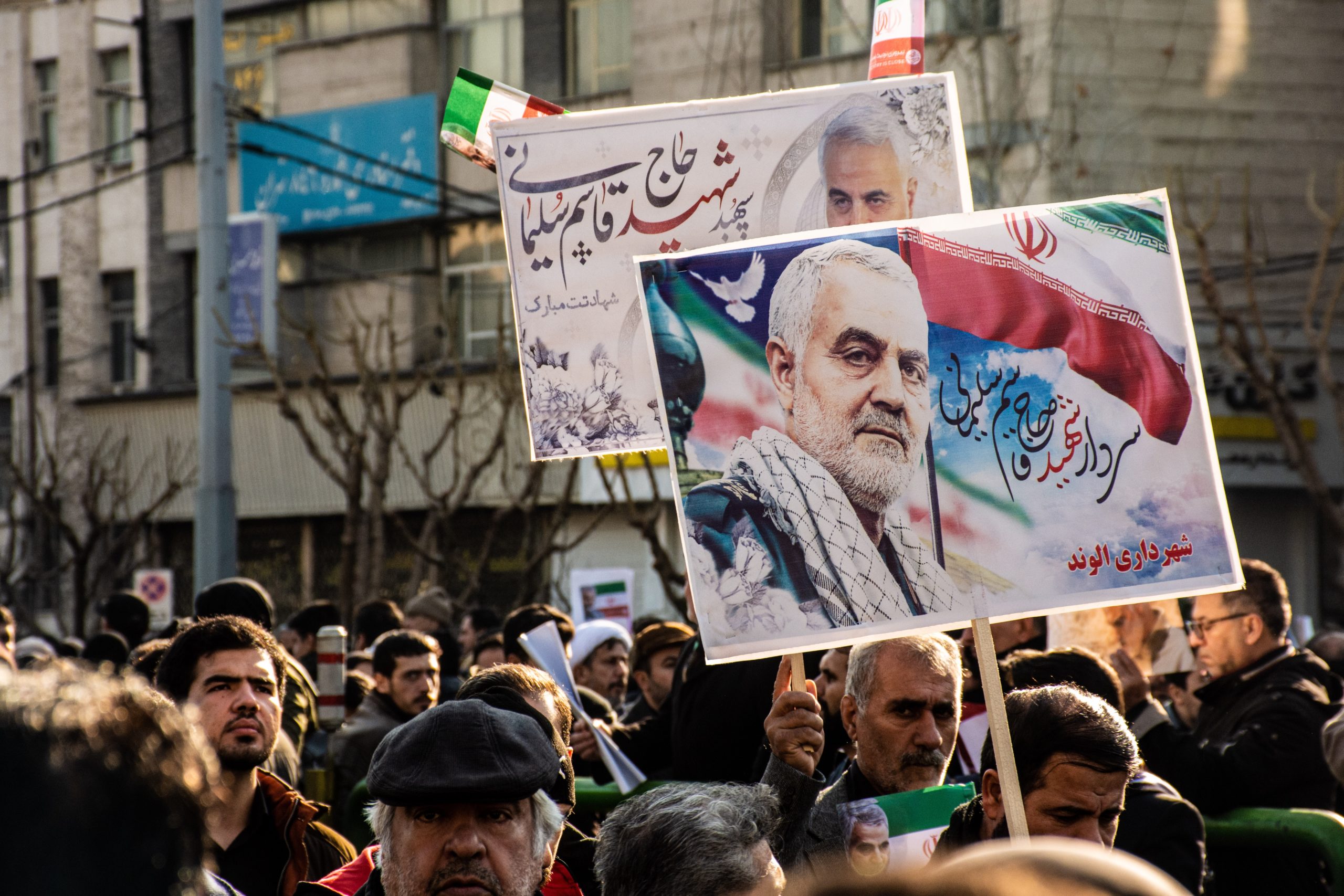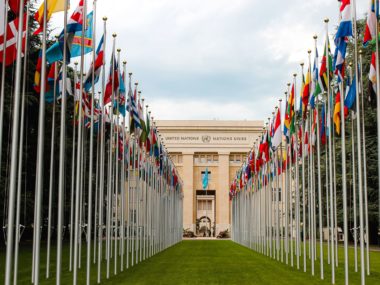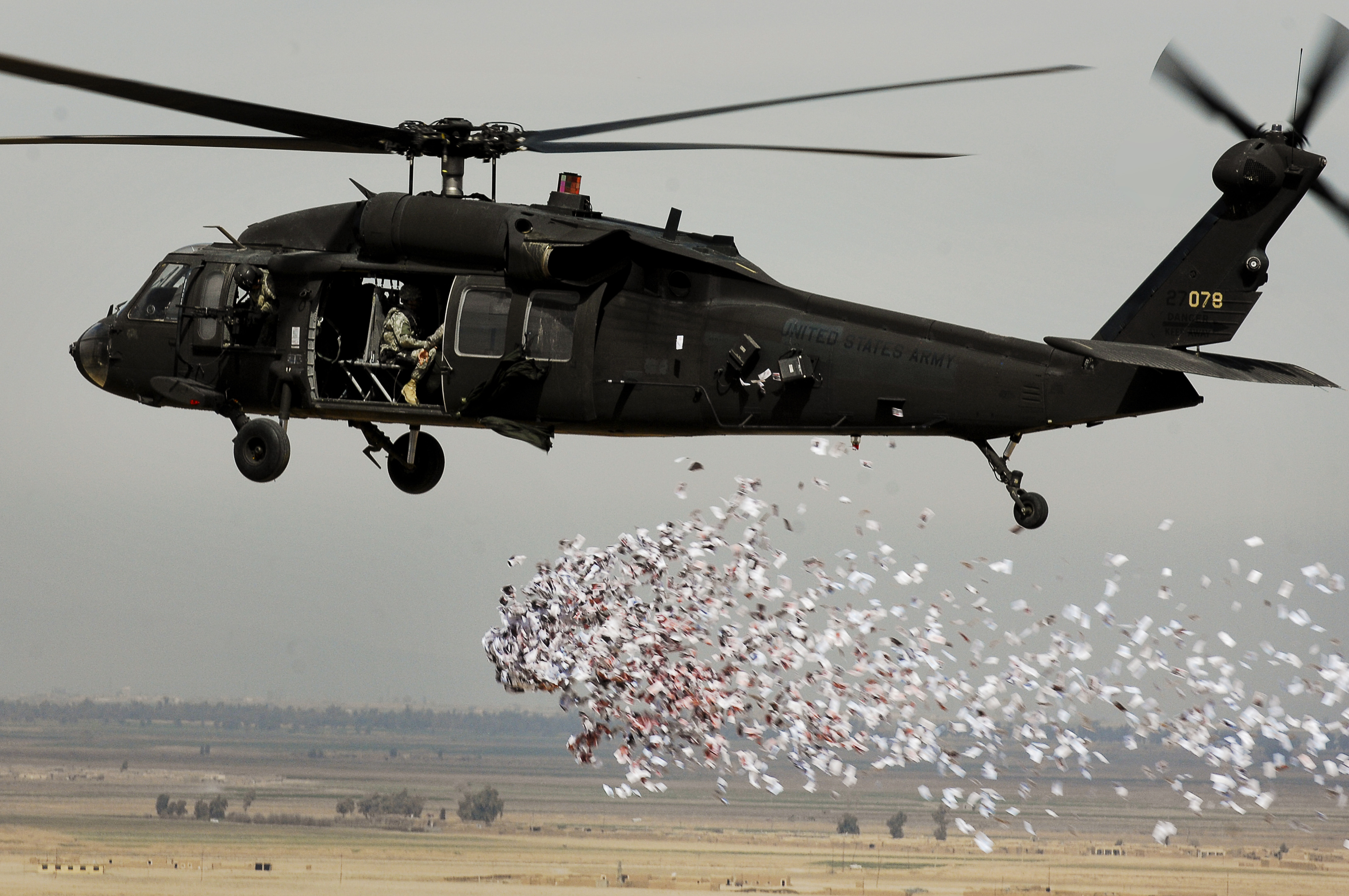Guest post by David Lake
The collapse of the Afghan government illustrates the larger dilemma in all statebuilding attempts. The statebuilder wants to build a government strong enough to stand on its own. To do this, the new state must win the support of the people it hopes to rule. This need not be the entire population of a country—no government wins universal praise—but it must be a sufficiently large share of the population that it has room to maneuver, favoring some groups with a policy, and other groups with another policy, but not always sitting on the knife’s edge between repression and rebellion. In short, the statebuilder wants to build a state that is legitimate.
At the same time, the statebuilder wants to build a state that shares its interests and adopts policies that it favors. In a country like Afghanistan or Iraq, statebuilding has proven enormously costly. Any statebuilder will bear that cost only if it has interests in the future political choices of the country. Humanitarian interventions are possible, but as the US mission in Somalia demonstrated, only if the costs are minimal. To pour enormous numbers of lives and dollars, and massive effort into building a state, the statebuilder expects to get something in return, and that something is a government that supports its foreign policy agenda. In other words, the statebuilder wants to build a state that is a loyal client.
In countries like Afghanistan, this dilemma is acute. As a highly factionalized, Muslim, and traditional society, the interests of average Afghans are quite different from those of the United States. Indeed, the average Afghan is likely closer politically and culturally to the Taliban than to the Western statebuilders trying to steer the country onto a new course. Efforts by the United State, its allies, and associated non-governmental organizations (NGOs) to “Westernize” Afghanistan, in turn, fell on deaf ears. Democracy, women’s rights, free and open markets were and remain quite literally foreign concepts outside an internationalized elite. In Afghanistan, the United States could have a state that was legitimate in the eyes of Afghans, or one that was loyal to American interests, but not both.
The United States attempted to sidestep this dilemma by suppressing the Taliban itself while propping up a government recognized and supported by Western aid. It complained bitterly that the first post-intervention president, Hamid Karzai, was corrupt and ineffective. A more honest telling is that he diverted Western aid to the need to build support for himself within his fractured country. He operated under Afghan rules, not those desired by the United States. The Obama administration pushed Karzai out in the search for a more competent leader, finally settling on Ashraf Ghani who, as a former World Bank official who had spent the majority of his career outside Afghanistan, was about as Westernized as they come. Pulled to the West by the demands of the United States and others in return for aid, no Afghan leader succeeded in building legitimacy at home. The state, such as it was, was built on sand. As soon as US support was withdrawn, it simply fell apart—its troops taking off their uniforms and sneaking home, and Ghani himself slipping away in the dead of night.
There will be lots of recriminations, already starting. Who lost Afghanistan? Couldn’t the Taliban have been stopped, at least for a decent interval so that the resulting blood was not on our hands? The truth is, Afghanistan was never ours to lose, and without the support of the Afghan people, no Westernized government would likely have survived without continuing and massive assistance from the United States. Did we lose credibility in allowing the government to fall? Quite likely. Other leaders who are politically weak at home and survive only with aid from Washington are probably recalculating their bets. To the extent that such leaders become more responsive to their citizens, this is not necessarily a bad thing.
The hubris of statebuilding is the belief that a foreign entity can parachute into a country and build a state that is both legitimate and loyal. Even the United Nations, supposedly more neutral, brings with it a Westernized model of statebuilding that does not fit well with all societies. The United States and its Western allies must recognize this dilemma and either accept that the states they build will adopt policies they dislike or be prepared to support loyal leaders in perpetuity.
The best the United States can do now in Afghanistan is to, first, identify what are our core interests. The most important, in my view, is that the country not once again become a haven for terrorists. We must then communicate clearly to the Taliban what actions we will not tolerate— primarily, that support for terrorism is not acceptable. The Taliban, once again, have an address. They will hold the government. This more defined position is more vulnerable to economic or military pressure than scattered forces hiding in the mountains.
The Taliban have a tremendous challenge ahead of them. Afghanistan is not the same country they ruled 20 years ago. Having enjoyed some freedom under the US-supported government, the population will likely expect more from the Taliban. If so, the new government will need loans, aid, and other forms of assistance to rebuild the country and gain legitimacy. Even without influence over who sits in the president’s office, the United States still has leverage—and it should be used.
David Lake is the Jerri-Ann and Gary E. Jacobs Professor of Social Sciences and a Distinguished Professor of Political Science at UC San Diego.








2 comments
I lived and worked in Lashkar Gah and Kabul for 16 months. I worked on a large international development project and had about 50 Afghani’s working for me. Many had Taliban relatives. They wanted peaceful lives but are certainly not going to resist when their relatives are back in charge. I have a question. What do you mean by the following statement “We must then communicate clearly to the Taliban what actions we will not tolerate— primarily, that support for terrorism is not acceptable.” Is the US going to send in drones to kill people again? What other country in the world does this? Does this type of response really enhance our world image? Are we really in the position to tell the Taliban what they can and cannot do? If not we need to consider other options.
This analysis seems to have a simplified view of the world, one in which “Westernized” is quite explicitly equated with positive values such as democracy and women’s rights. By this standard, Texas and many other constituent units of the United States would fall short. It is also patronizing to think that some of these institutions are only understood and appreciated by an internationalized elite. Perhaps the realpolitik analysis of why state-building in Afghanistan failed is accurate (almost tautologically so), but the cultural colonialism implicit in this article illustrates why US policy-making and implementation is so unsuccessful in such contexts. Actually, even from an international relations perspective, this analysis falls far short of real understanding. There is no mention of India, Pakistan, Iran and China, all major countries with strong interests in what happened in Afghanistan. The US completely failed to analyze and incorporate the region’s politics and the strategic interests of the four countries into its own strategy. This was a major contributor to the failure of state-building in Afghanistan.